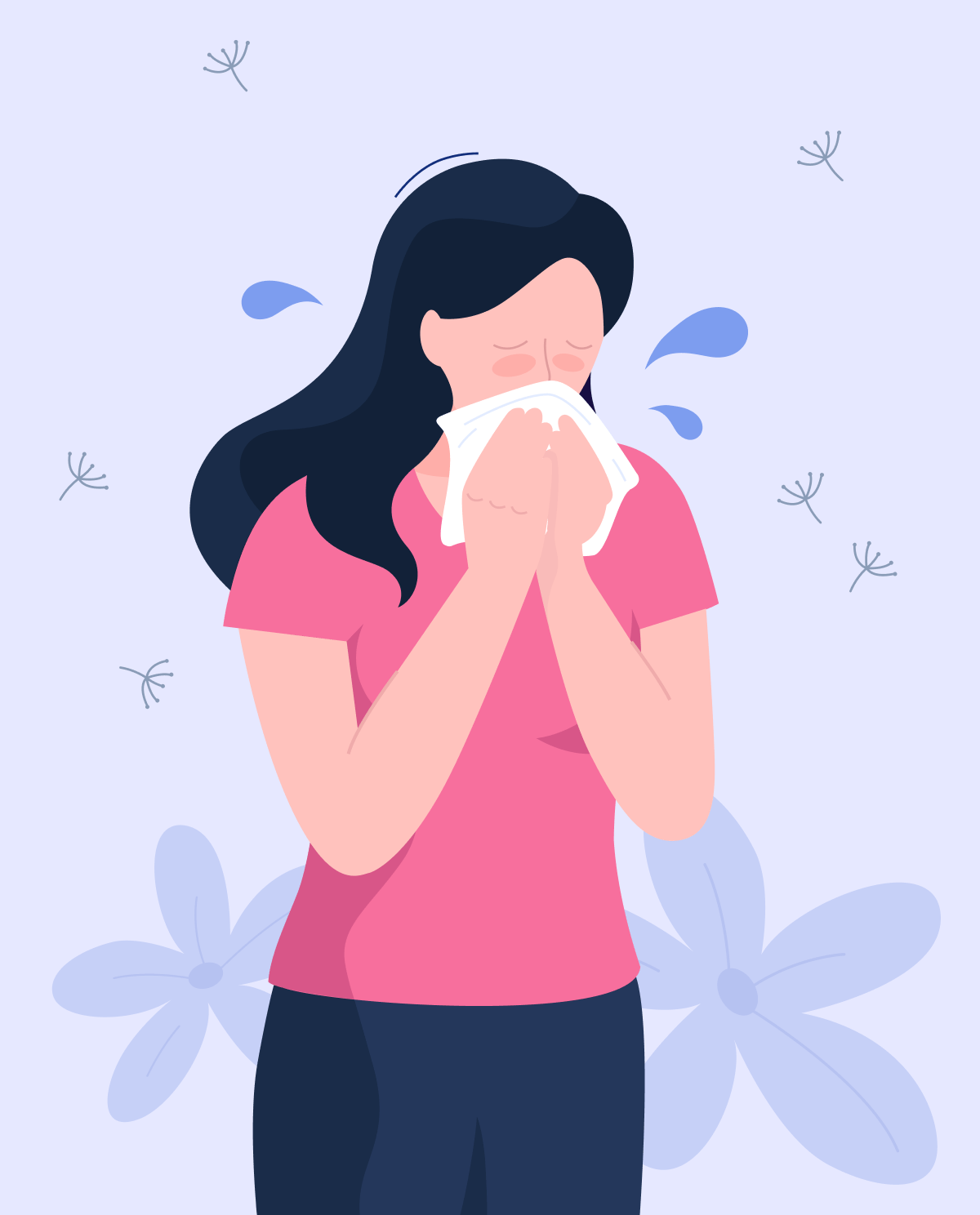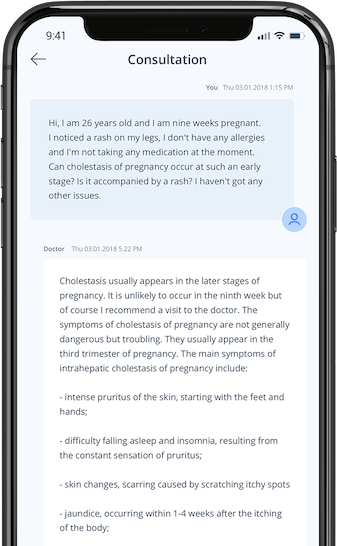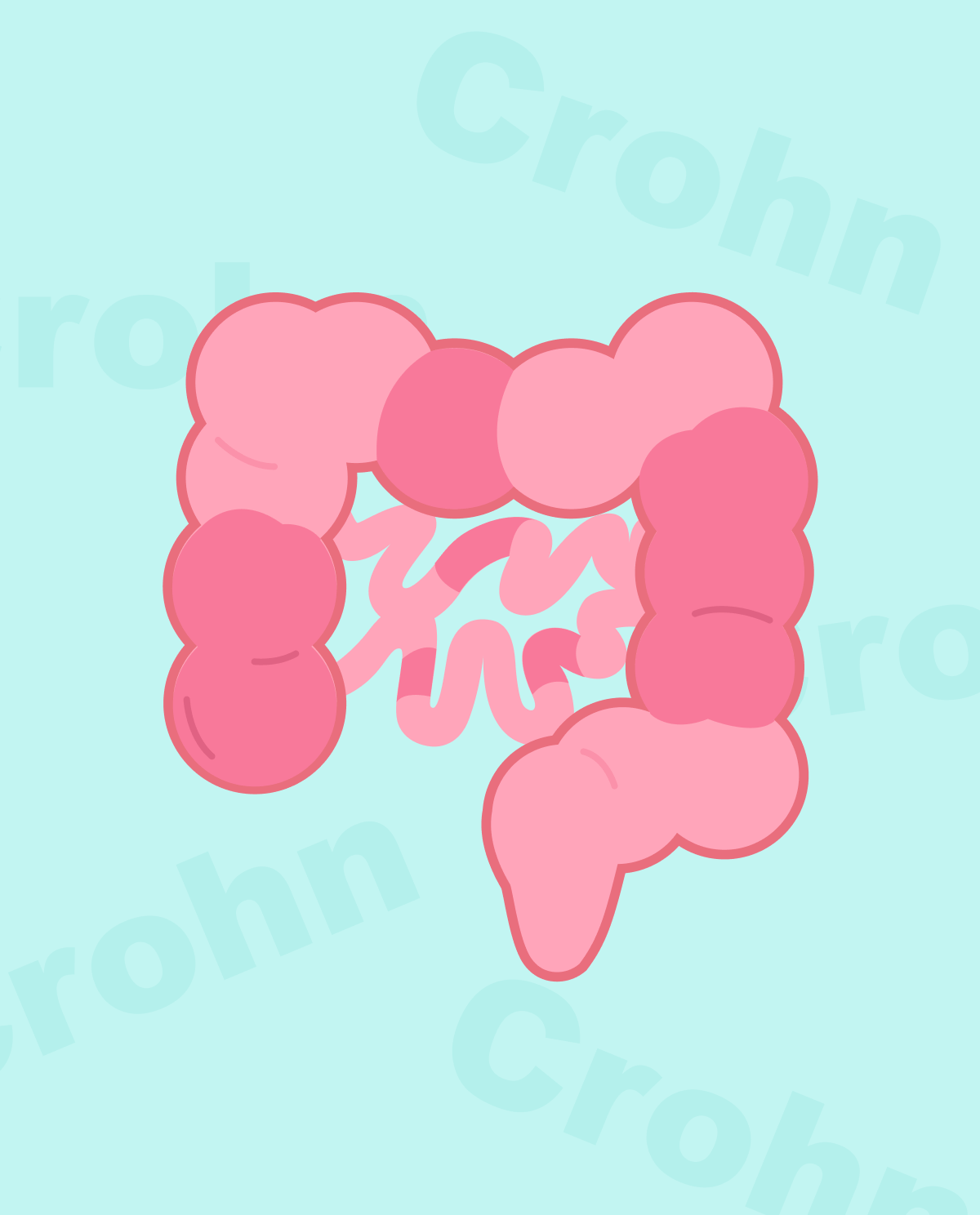Common causes and symptoms of allergies
Airborne inhaled allergens
In asthmatic patients, these allergens can worsen the symptoms associated with the disease. Various airborne allergens include mold (fungi spores), dust mites, pets (urine, fur, saliva), and cockroaches (feces, eggs, etc.)
Symptoms associated with inhaled allergens include runny/stuffy nose, and itchy/watery eyes.
Food allergies
After exposure, the reaction can occur within minutes after ingestion. Common allergens include dairy products, nuts, and seafood.
Symptoms associated with ingested allergens include general/localized pruritus (severe itch), nausea / vomiting, swelling of throat / tongue / face, and anaphylaxis.
Insect bites / stings
Common allergens include wasps, bees, ants, and so on.
Symptoms associated with insect venom include anaphylaxis and major respiratory restriction symptoms.
Medication-induced
Many types of medication include either over-the-counter (herbal remedies) or prescribed (non-steroidal anti-inflammatory drugs, chemotherapeutic drugs, and antibiotics).
Symptoms associated with medication-induced allergic reactions include pruritus, shortness of breath, and mucosal swelling.
Complications
During an allergic reaction, chances of developing secondary complications are high:
- Anaphylaxis: severe skin reactions, hypotensive state, dizziness/loss of consciousness, airway constriction resulting in difficulty breathing.
- Sinusitis and infections (ear / lung),
- Asthma.
Diagnostic methods
As mentioned above, some symptoms associated with allergic reactions can be life-threatening and require immediate medical attention hence why time is of the essence once you get any of the above symptoms. Various testing methods are used in order to diagnose allergic reactions:
The IgE blood test
Total IgE levels are measured to observe if an allergic reaction has happened. The half-life of these antibodies is about 2-3 days.
Specific IgE blood test is a test measuring the levels of IgE specific to single allergens. One of the downsides of this test is the fact that a separate test is needed for each allergen suspected of causing allergies.
The skin prick test
It is also known as the scratch or puncture test, tests for as many as 50 allergens at once, this test is the gold standard in evaluating allergic reactions. In addition to the allergens, two control substances will be used as well:
- Glycerin: this doesn’t usually cause a reaction but if it does, it just means you have very sensitive skin thus, the interpretation of the skin prick test should be carefully evaluated.
- Histamine: This element causes a skin reaction in most people but in some, it may not thus the interpretation may cause false negative test results.
Treatments used in allergic reactions
- Antihistamines: Cetirizine, Loratadine,
- Decongestants: Pseudoephedrine, phenylephrine,
- Nasal sprays: cromolyn sodium, fluticasone,
- Asthma medication: bronchodilators, corticosteroids, antileukotrienes,
- Immunotherapy options when allergic symptoms cannot be managed by recommended medication,
- Epinephrine shot in the case of anaphylaxis.








